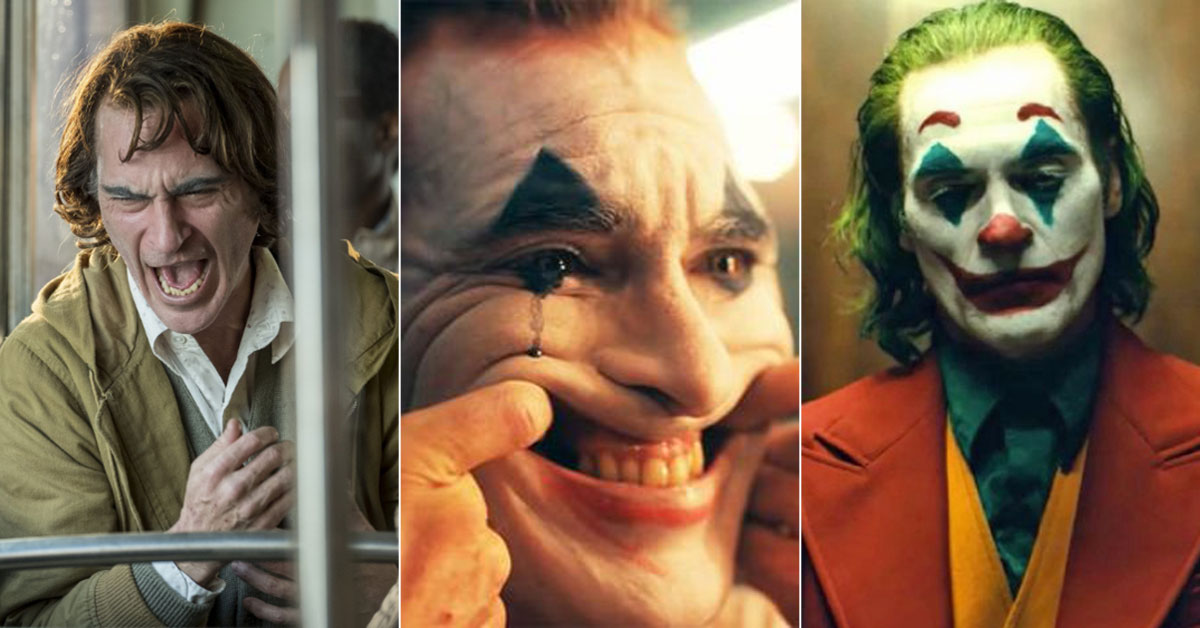*This article about Joker the movie contains spoilers galore.*
Why are people saying Joker is a great movie?
Joker has been hailed by filmmaker Michael Moore as an instant classic, for its nods and references to past classics and its political commentary on contemporary America.
This is in contrast to what critics and the American mainstream media are saying about the movie, which has been vilified by some quarters.
Currently, there appears to be a chasm between what moviegoers feel (i.e. they love it) and what critics are saying (i.e. they are saying it is too violent and empty).
To paraphrase: While audiences (non-critics) are loving the movie for what it depicts and how powerfully it does so, the media narratives have accused Joker of promoting gratuitous violence and serving as a call to arms for incels.
Box office takings are suggesting the critics are wrong. (Biggest opening weekend in Singapore for NC16-rated movie ever.)
People are flocking to see Joker.
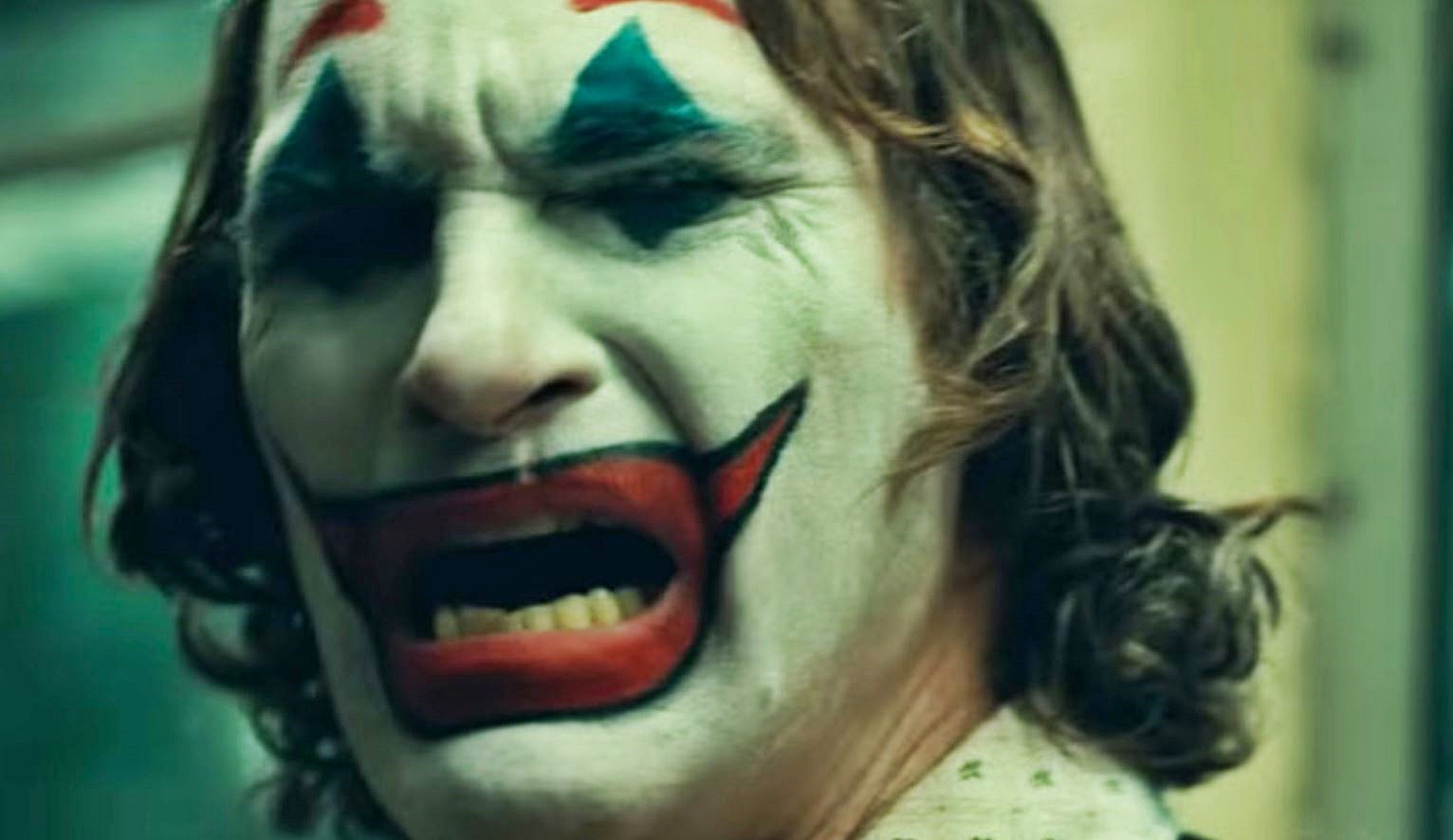
Why are critics saying Joker is racially-charged?
In the movie, Arthur Fleck's mental condition was repeatedly triggered by people of colour.
Arthur had his signboard taken from him by a group of teens of colour, who proceeded to beat him up.
On the bus, Arthur was told off by a black woman to stop bothering her child.
Arthur's existence was barely registered by Sophie, his black single mother neighbour raising a daughter, and he ends up fantasising about her.
Arthur's counsellor who eventually cut off his access to meds, which led him spiralling downwards even further, was also a black woman -- even though it was the system that failed both her and Arthur.
Arthur was denied access to his mother's medical records by a black clerk -- those files revealed Arthur's adopted status.
At the very end, Arthur supposedly kills the black doctor off-screen in the hospital.
It is difficult to argue that the casting of these characters in all these scenes was a coincidence, or that it is a shot at diversity representation.
But as a political statement that the victims of oppression and economic destitution in 1980s Gotham City, which is a mirror of New York city, are predominantly black?
Not bad.
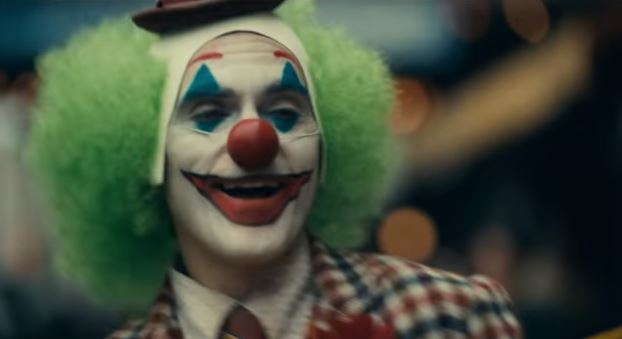
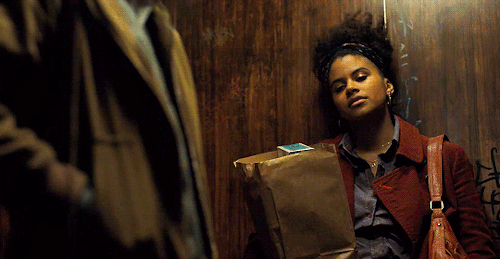
What is the easiest way to change the lens of viewing Joker the movie?
Instead of going into the cinema wanting to catch a movie about a comic book villain, audiences can watch it as a movie about a man broken by his mental illness.
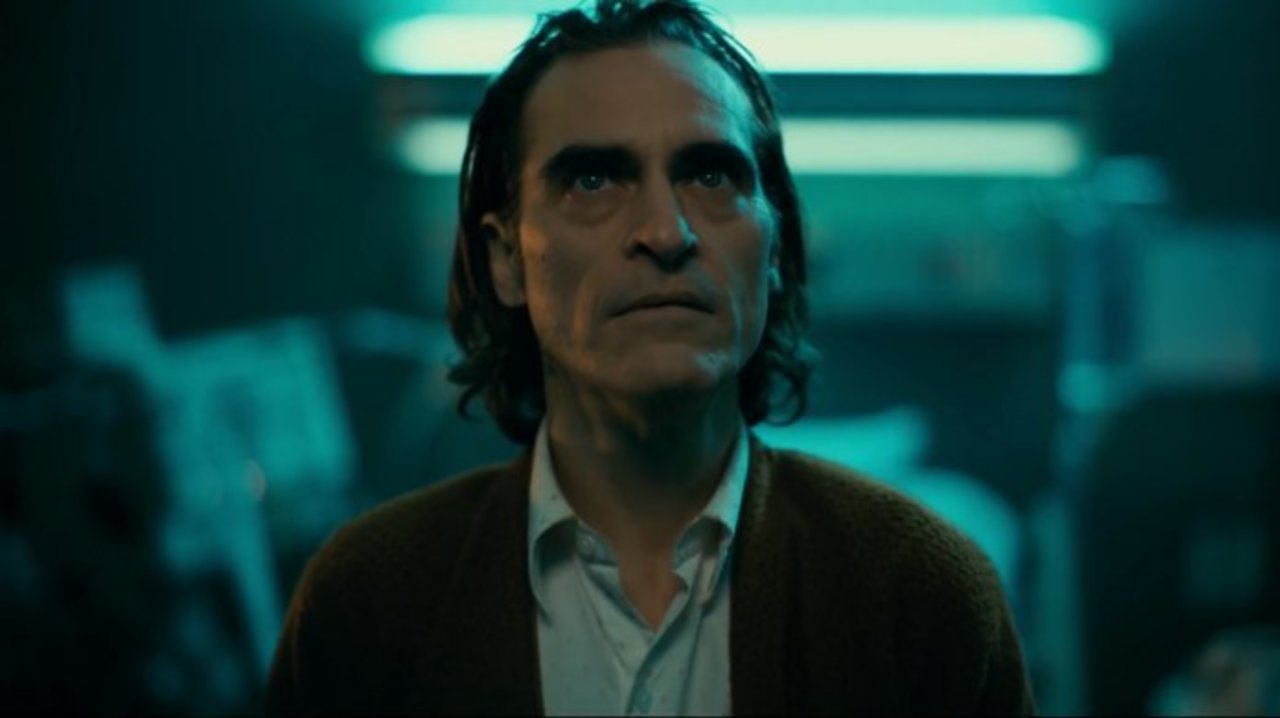
Essentially, audiences can watch the movie as director Todd Phillips' stab at making a movie about mental health.
For example, if the movie title was changed to Depression, with no hint that this movie is about the genesis of a comic book villain, it will play out like an absolute tragedy (a live studio shooting as the city got engulfed in riots and overrun by looters).
The movie audience would then go away with a sense that this is what mental illness does to people, without the concept of grandeur or the understanding that this was the origin story of some villain.
Take that scene in the bathroom between Arthur and Thomas Wayne.
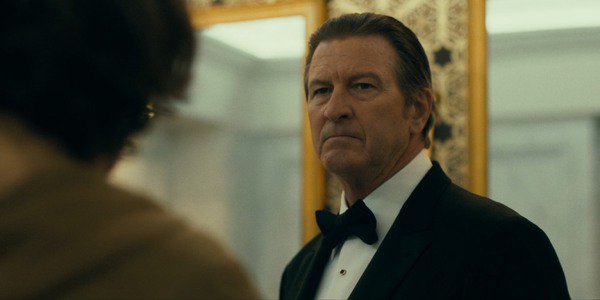
It is basically a scene of a child craving for warmth and affection.
But within this call for help is also the speaking of truth.
When Arthur becomes the Joker and he calls out the horrible state of things in Gotham while on the show with Murray Franklin, Arthur could very well be speaking about present day America where people can no longer seem to communicate civilly.
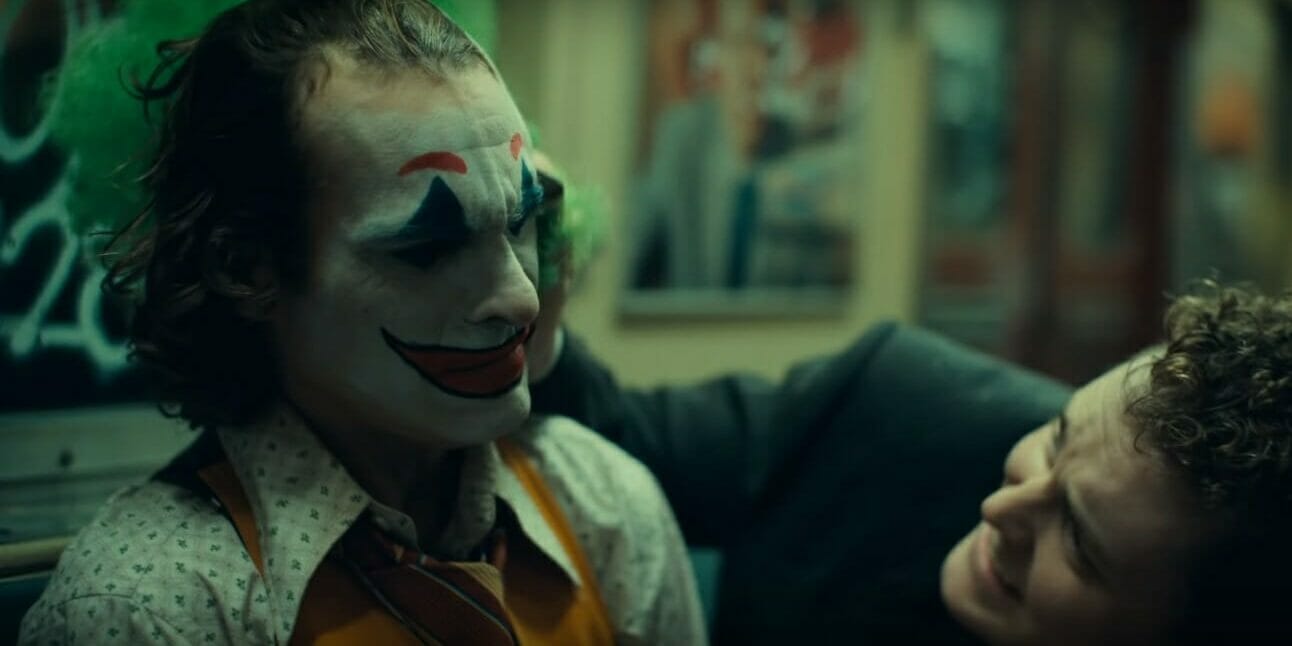
What other movie is Joker reminiscent of?
The pacing of the movie and the character development of Arthur is almost Birdman-like.
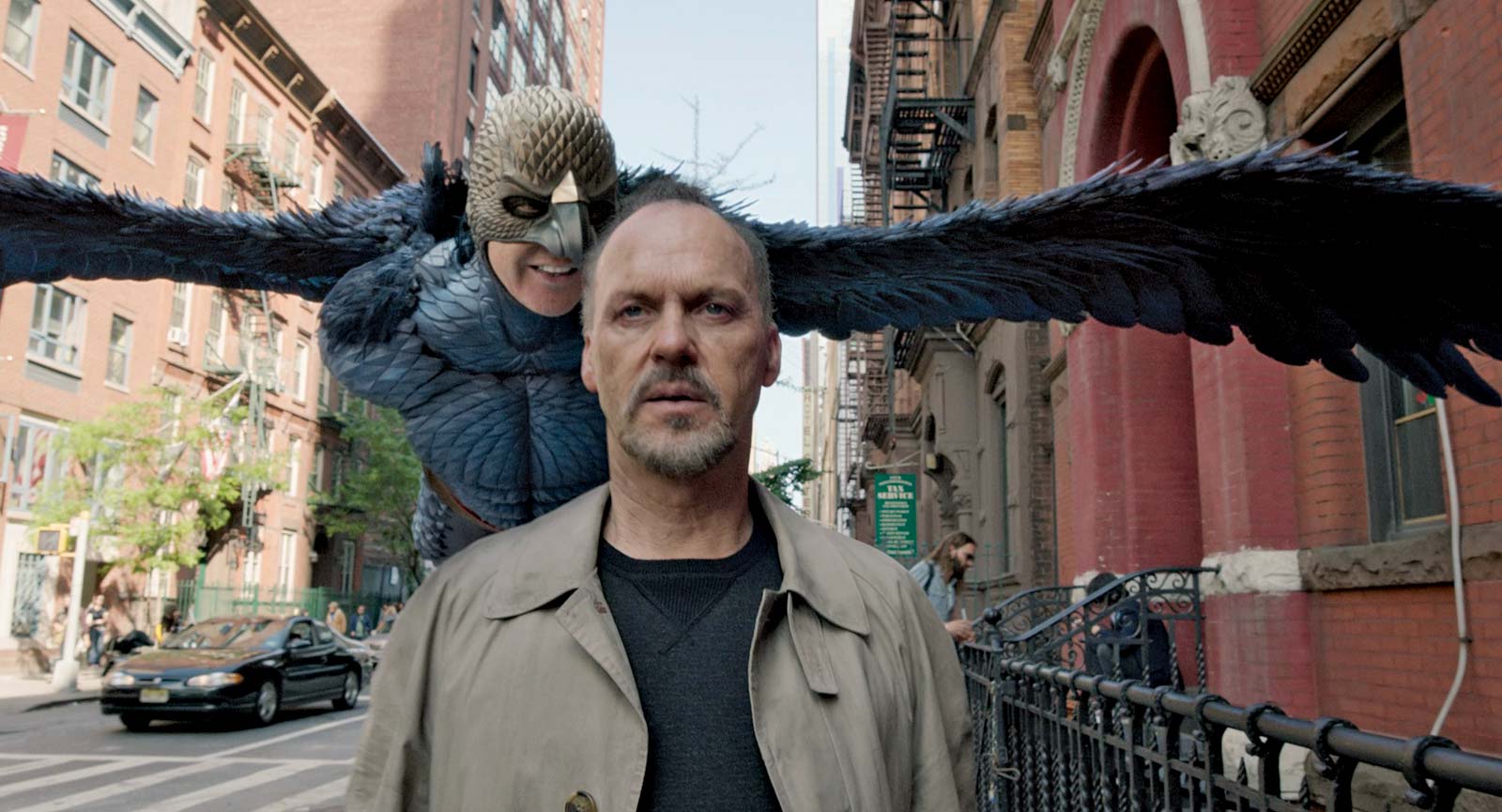
Unlike regular superhero movies, (Shazam, Suicide Squad or any other Marvel movie), there is no one transformative moment in Arthur's story that made him the Joker.
It was almost anti-climatic.
It took a series of events to trigger Joker's genesis.
What was the final act all about when Joker went to the Murray Franklin show?
Right from the start, the manner in which Arthur behaves and how he imagines himself are constantly and consistently at odds.
In his mind, Arthur comes off relatively normal and even heroic (Arthur is proud that he takes care of his mother), but in real-life he is awkward, gangly and unrelatable.
But by the time Arthur gets on the show with Murray Franklin, he becomes a natural showman.
This is the resolution of the character -- where the imagined self and the actual self merges to become something that was not even present before throughout the movie until this point.
In other words: Who Arthur imagines himself to be, and how he eventually acts, finally comes together.
And he was flawless, composed and methodical.
A complete opposite of the Arthur who needed meds to cope.
How does one tell Arthur is imagining things?
Through his gait.
This is why audiences are blown away by Joanquin Phoenix's performance -- if they watch the movie another time.
In Arthur's mind, he imagines himself as a normal person.
Those scenes where Arthur was with his "girlfriend" or up on stage doing stand-up and getting cheered, he walks, talks and reacts in almost "normal" ways.
His gait is confident, loose, and relaxed, and that is how he imagines himself.
But in reality, he is painfully inept and even repulsive.
Like he is on the spectrum and he cannot relate.
The quality of his jokes are terrible.
But this only serves to bring out the blandness and correctness of Murray Franklin, who as a consummate showman, also pulls off terrible one-liners.
This is an indictment of American television and the mind-numbing incessant sameness of every day's formulaic show -- a conformity of First Amendment rights to people's sense of propriety.
So, the body count question: How many people did the Joker really kill?
Three rich bankers: For sure Arthur did those as their deaths were acknowledged on television and by Thomas Wayne, as mayor-wannabe.
Moreover, these three deaths were trophy kills for Arthur as he openly talked about them, almost as if he was claiming credit.
His "girlfriend": He most likely did not kill her and just left the apartment. But this is debatable as the next scene was of police and ambulance sirens in Arthur's apartment.
Randall his clown colleague: Did Arthur actually kill this guy or was this scene also in his head?
Since Arthur is unreliable as a narrator (assuming that the end of the movie showing Arthur in the hospital is him having lost his mind and talking about his past), did he imagine killing Randall as payback?
Did he imagine killing Randall and letting Gary the midget go?
Arthur's mother: And did Arthur really kill his mother in hospital?
This is where we need to look at Arthur's murders sequentially.
Arthur killed the three bankers on impulse.
Arthur killed his mother in a pre-meditated way as he snuffed her out with a pillow in the hospital.
Arthur then killed Randall, when Randall and Gary came to visit.
But there is something a bit off with this scene.
Arthur was making up at the dresser when he heard someone at the door, and he instinctively took with him a pair of scissors.
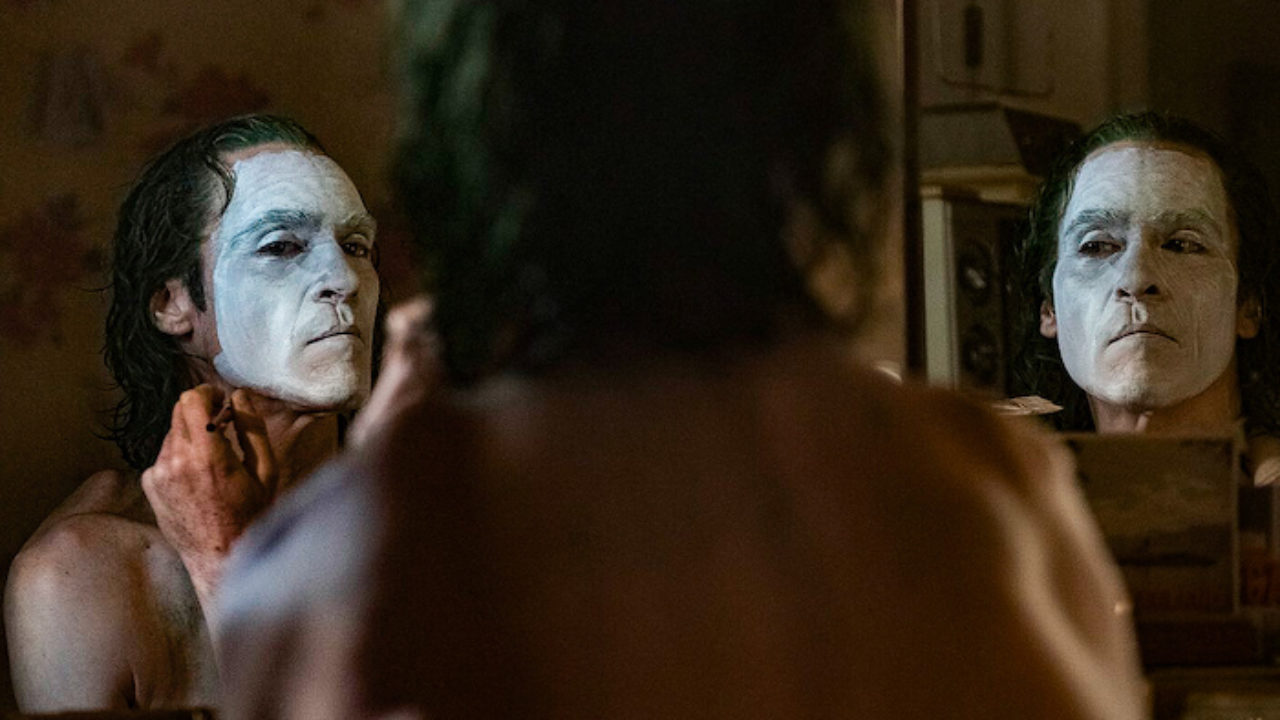
When he opened the door he was surprised that two of his ex-colleagues had come by to see him unannounced with some alcohol.
Does this mean Arthur was prepared to kill anyone who walked through his door?
Or was this scene a fantasy, a retelling of what supposedly happened or a wish of what happened?
Maybe inspecting Arthur's gait in that scene would be telling? Was he too smooth and not awkward enough?
Because if he was, that scene must be in his head.
Note also that scenes with Randall and Arthur always showed Randall towering over the skinny Arthur.
Could Arthur take such a big man down without a gun?
Murray Franklin: Murray Franklin died a very public death as it was broadcast nationwide, so it would be hard to argue that he didn't die.
What do movie-goers find strange about the movie?
The blasé attitude to people dying in the movie.
When Arthur confessed to the clerk in the Arkham State Hospital that he killed three people, the first reaction wasn't to call the police.
This also goes to show Arthur's unstable psyche: He would lie about bringing a real gun to the children's hospital (he told his boss and the detectives it was a prop for his clown act), but he would confess without probing to triple homicide.
When Arthur suffocated his mother in hospital and her pulse flatlined, there was no one around to intervene (assuming this murder did take place and wasn't just in Arthur's head).
Gary the midget was let go after witnessing Randall's murder.
Arthur brought a gun onto a live show.
Murray Franklin's first instinct to hearing about Joker's murder confession wasn't to call the cops.
When Murray got shot, no security or police jumped Arthur.
What are some blink and you'll miss it scenes?
There was a super rat scurrying across the side of the building in the bottom-right corner of the scene when Arthur was in the phone booth explaining why he had a gun and then getting fired.
Arthur was lying in bed touching himself when the personnel from the Murray Franklin show called him at home.
Why did Arthur hide in the fridge?
Sensory deprivation.
It might have been a bizarre passing scene to many moviegoers, almost somewhat funny, but that part about Arthur removing the contents of his fridge and hiding inside is poignant.
The most sensible explanation is that he was off his meds, not drugged up and dulled and couldn't control his emotions, and needed to find a space that would deprive him of further stimuli.
The inside of a fridge is not only cold, but it is dark and relatively sound-proof.
It is further evidence he is likely to be on the spectrum.
Are the stairs in the movie a metaphor for something?
Whenever Arthur trudges up the stairs, which are plenty, it is a physical representation of his struggle in life as Arthur.
When he goes down the stairs, it is an effortless journey of liberation as he metamorphosised into the full-dressed Joker for the first time and he danced down the stairs.
The first time he walked down the stairs was after he got fired as a clown and packed his bag.
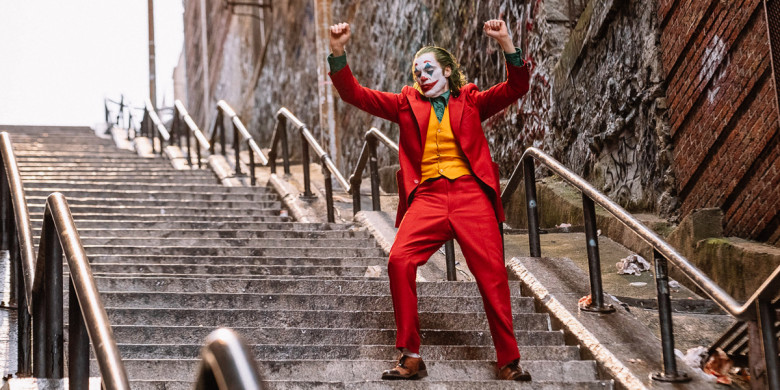
Should you re-watch the movie again?
Perhaps.
If you like what you read, follow us on Facebook, Instagram, Twitter and Telegram to get the latest updates.
